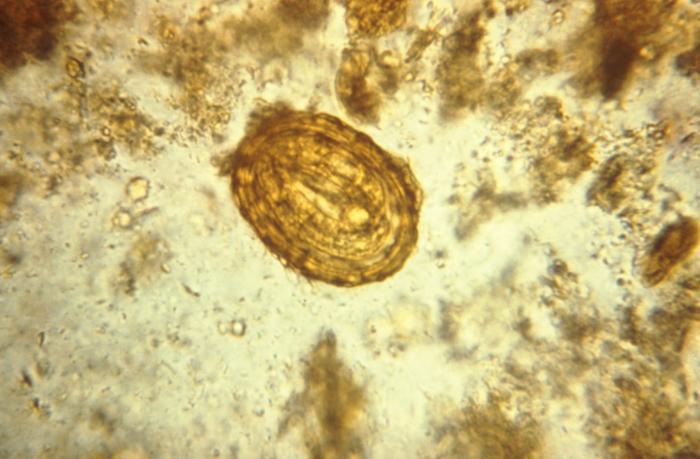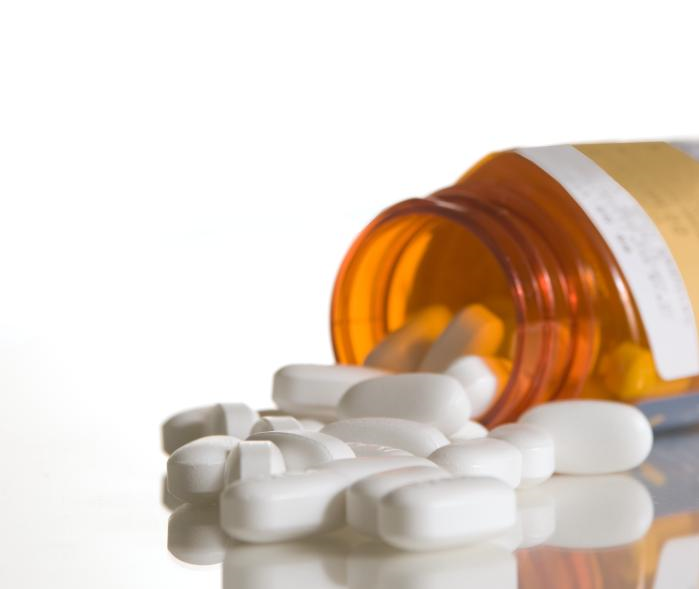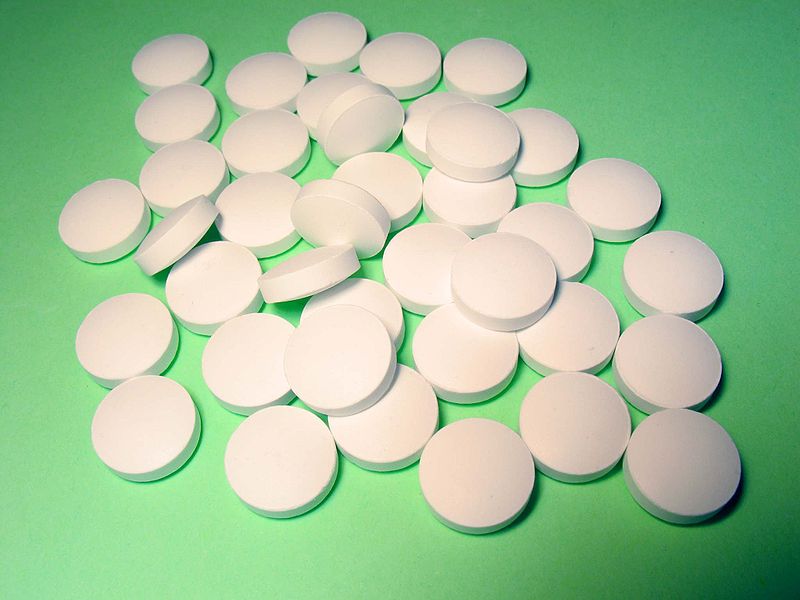Aspirin is a prototypical drug. Although so many newer drug are available, but it is still the most commonly used … Read More »
Non Steroidal Anti Inflammatory Drugs -General Aspects
There has been purposeful effort to differentiate these from glucocorticoids, as glucocorticoids are the ultimate answer but with huge side … Read More »
Opioid Antagonists
Opioid antagonists have no effect when administered alone. When given after a dose of agonist they promptly reverse all of … Read More »
Common Opioid Analgesics
Meperidine (Pethidine) Common name is pethidine. It is a synthetic drug. Is less potent than morphine, binds to kappa receptor. … Read More »
Opioid Analgesics
Introduction Analgesia means insensibility to pain. Drugs used in management of pain are known as analgesics. Pain serves the useful … Read More »
Drugs Decreasing Cholinergic Activity
Due to decrease in excessive cholinergic activity (due to decreased dopamine) always given in combination with levo dopa. Also given … Read More »
Dopamine Receptor Antagonists
Ergot Derivatives Bromocriptine Most important and commonly used derivative of ergot alkaloid. Mechanism of Action Same as that of levo … Read More »
Peripheral DOPA Decarboxylase Inhibitors and Dopamine Releasing Drugs
Peripheral DOPA decarboxylase inhibitors Most of the DOPA is decarboxylated peripherally, only 1-5% enters the brain. To counter peripheral decarboxylation, … Read More »
Levo Dopa -Mechanism of Action, Pharmacological Effects, Uses and Adverse Effects
Parkinson’s disease is chronic progressive disease, only symptoms can be treated. As time passes, since it is progressive, ultimately complete … Read More »
Drugs Used in Parkinsonism -An Introduction
Parkinson’s disease/Parkinsonism Disease of old people after about 60 years of age. 1 in 200 elderly are affected. Mainly due … Read More »
 howMed Know Yourself
howMed Know Yourself




